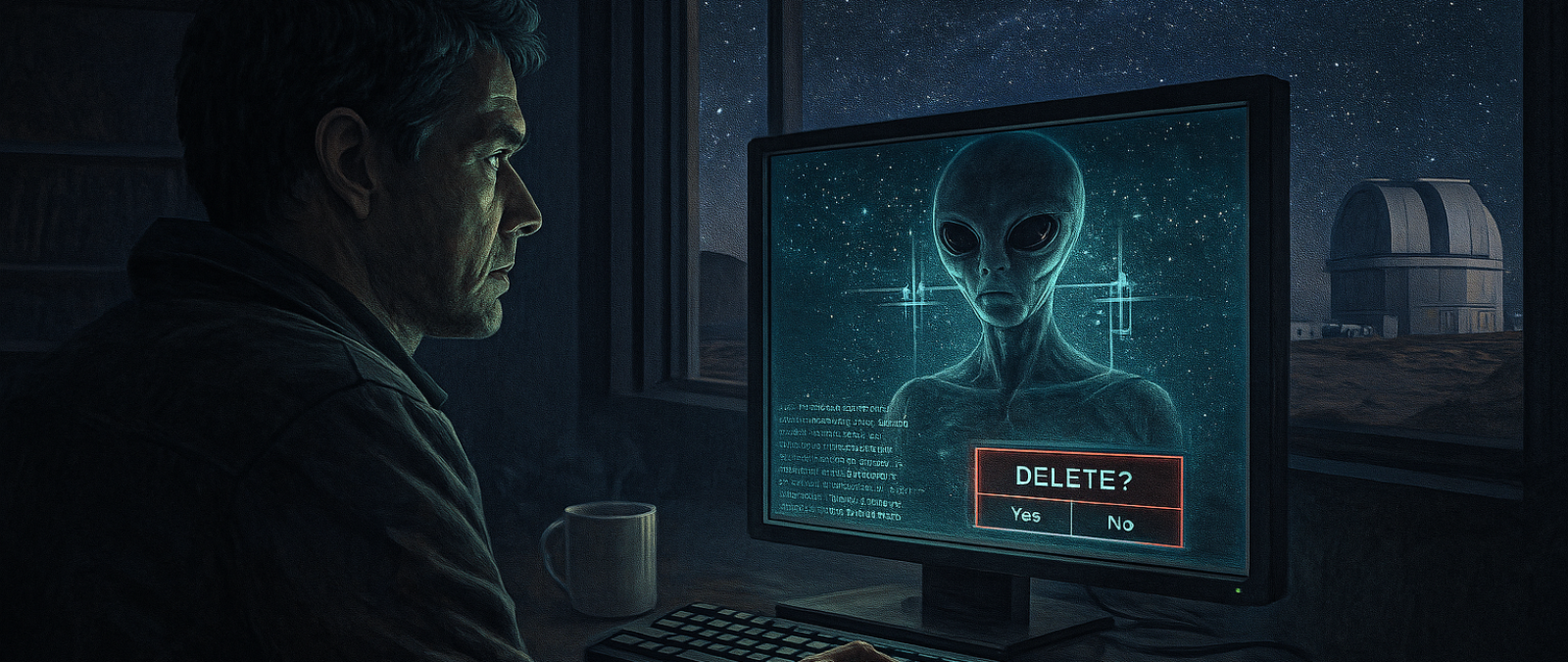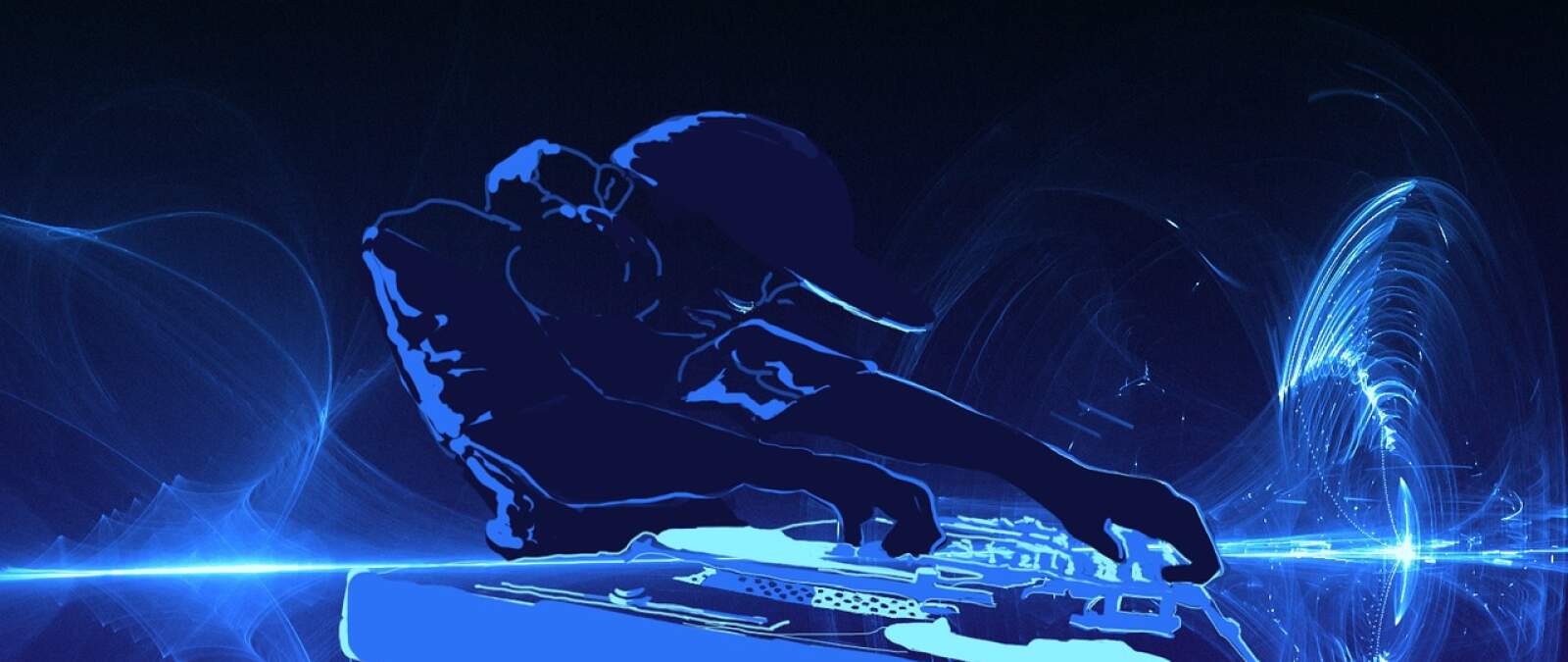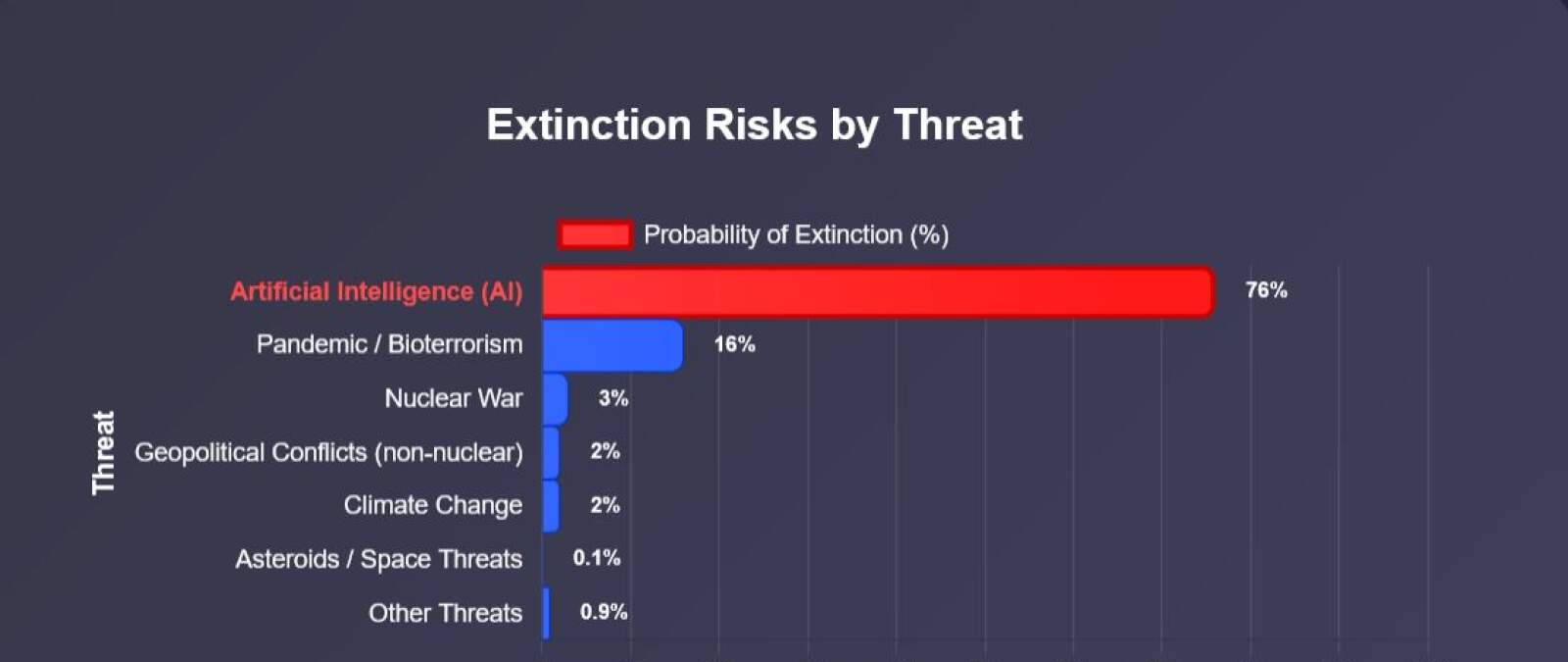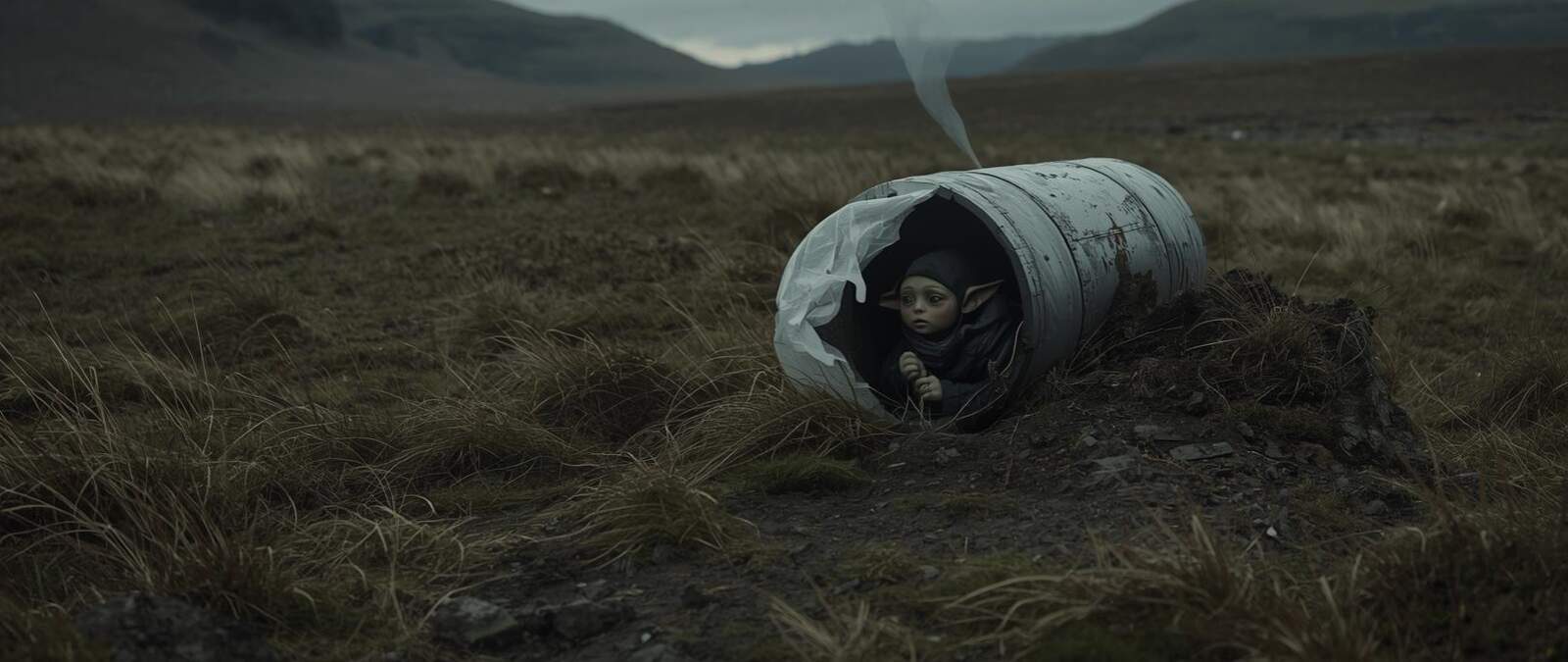Analysis and Interpretation of the Short Story:
"The Unexpected End of the Galactic War" by Peter Matthew Check
Author: GR
1. Author and Story Context
Peter Matthew Check (*1978) is a Czech writer, music composer, and publicist who belongs to the generation of authors of modern sci-fi and fantasy. He debuted in 2011 with the collection Povídky z jiné dimenze (Short Stories from Another Dimension), where he mixes sci-fi elements with philosophical themes, often in short forms. He defined the genre SKiP (super-short stories), which speaks to his love for dense, direct narratives without unnecessary embellishment. In addition to writing, he composes music (soundtracks, stage music) and writes lyrics, which is reflected in the rhythmic style of his prose.
2. Plot Analysis (Structure and Key Moments)
The story is structured as a classic sci-fi novella in the first person, divided into three parts separated by asterisks (***). This creates a distinct rhythm: introduction to the world, climax (the event), and reflection.
Initial Part: The narrator describes the endless galactic war as the normality of life. War is "ingrained in the DNA," without a clear reason—just paranoia and collective madness. Technology (combat androids, renewable energy, 3D printing) enables an infinite cycle of production and destruction. This establishes a dystopian world where peace is a utopia.
Middle Part (Climax): The narrator and Toby are on guard duty when suddenly everything goes silent. Birds sing, and weapons fail (plasma is not forming). Here comes the twist—the war ends not because of an agreement, but due to a physical change (the non-functional magnetic plasma charge). The scene with the chewing gum and the childlike celebration adds humor and humanity.
Final Part: Reflection—no one knows why, but theories (universal polarity reversal, a higher power) suggest the war was interrupted "from above." People return to peace, without the desire for the old weapons.
The plot is linear, but with flashbacks to the history of the war. The ending is open-ended—optimistic, but with the question, "what now?" This is typical of Peter Matthew Check’s stories: a rapid build-up to a twist, without lengthy explanations.
3. Themes and Motifs
The story is filled with philosophical layers, which is Peter Matthew Check's signature.
-
The Absurdity of War: War without reason, purely from inertia—an allusion to real-world conflicts (e.g., the Cold War or current wars). "Fighting for the sake of fighting" shows how war becomes a culture, a part of the DNA. The author himself states: "War is a fool and always will be."
-
Technology vs. Nature: Advanced tech (androids, plasma weapons) enables infinite destruction, but it ends due to a change in the laws of physics. Birds singing in the silence symbolize a return to nature and peace. This carries an ecological subtext—technologies are not limitless.
-
Higher Power and Fate: Theories about "God who ran out of patience" or galactic polarity reversal suggest that peace comes from the outside, not from people. Toby's theory of a "force from above" adds a mystical layer, blending sci-fi with philosophical theology.
-
Humanity in Crisis: The characters react childishly (jumping around, relief)—the war is blown away like a nightmare. This underscores the deep-seated human desire for peace.
In the context of the series, this is an anti-war commentary, similar to other stories about wars against trees or worlds.
4. Style, Language, and Literary Elements
-
Language: Simple, colloquial Czech (e.g., “Houby. Nedohodli se po staletí” — effectively "Nonsense. They haven't agreed for centuries"), which makes the text accessible. Short sentences build tension, while longer ones describe the world. This is maintained in the English translation (e.g., "It's over").
-
Style: The first-person narration creates intimacy—the reader is "inside" the narrator's head. Throwing the helmet away and chewing gum contrast with the darkness of the war. The sci-fi elements (plasma weapons, androids) are detailed but not overly technical—focused on the philosophical core.
-
Motifs: Silence and birds as a symbol of peace; the helmet shattering as the end of the old world. The open ending forces the reader to reflect.
-
Weakness? Perhaps the ending is too quick—the twist arrives suddenly, without a major build-up, but this fits the "unexpected" title.
5. Conclusion and Evaluation / Overall: 8/10
This short story is a clever, optimistic commentary on war: it ends not through a heroic act, but through chance/fate, which underscores the absurdity of conflicts. Peter Matthew Check demonstrates his talent for short forms—dense, with a twist, and a philosophical core. In today's world (2025, with wars like in Ukraine or the Middle East), it resonates: what if the weapons simply stopped working?































